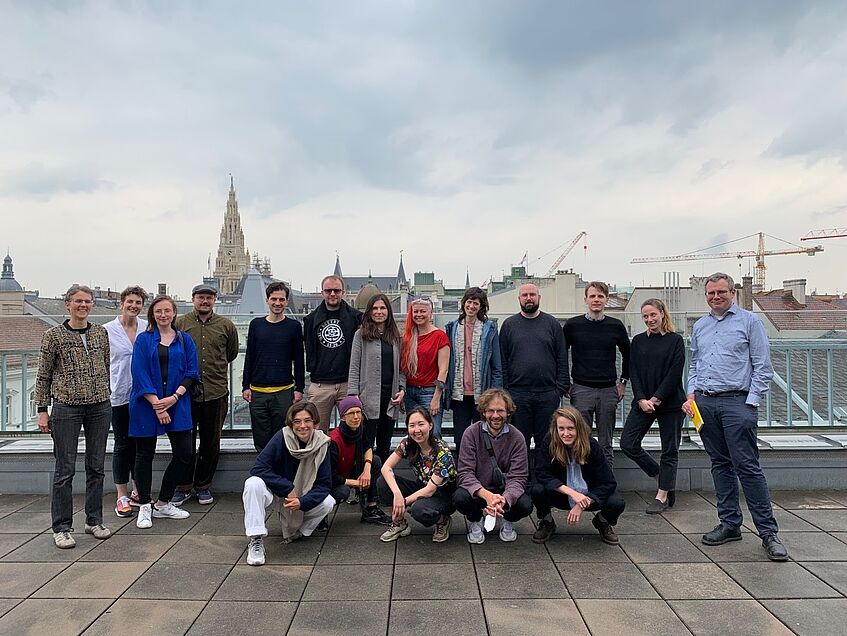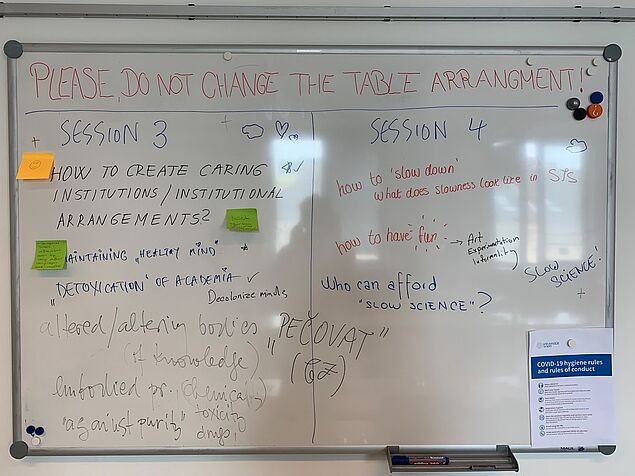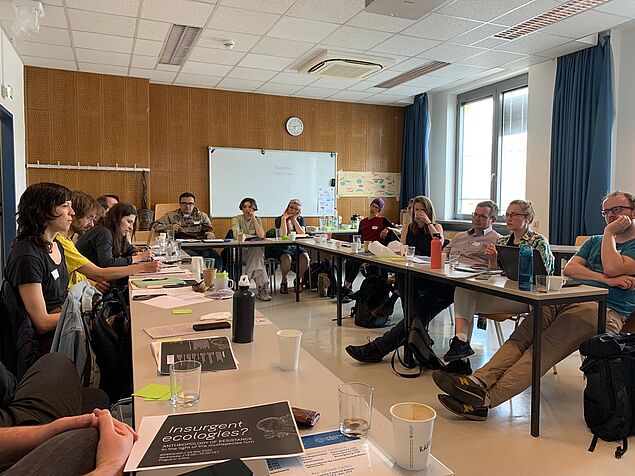REPORT | STS in context: Provincialising STS from central Europe

REPORT | STS in context: Provincialising STS from central Europe
STS’s central area of study is the nature of knowledge production itself. While the ‘fact factories’ (Knorr-Cetina 2011) of natural science have been its primary focus, it also seeks to incorporate a deep reflexivity regarding its own methods, findings, and modes of representation. How is its knowledge situated (Haraway 1988)? What ‘method assemblages’ are used, and what worlds do these enact or render other (Law 2017)? What new ways can be found to articulate academic arguments (Downey et al 2017; Mol 2002)? In recent years this reflexivity has been honed and developed through feminist and postcolonial approaches, which have further emphasised the situatedness and non-innocence of academic knowledge and practices. Abandoning historical assumptions concerning centres and peripheries of knowledge production, and expert compared to 'local’ knowledge, such scholarship has argued that, ultimately, all knowledge is localized, with deep onto-epistemic and political implications. All (STS) scholarship is shaped by the contexts in which and actors by whom it is produced.
It was this idea that was the starting point for a recent workshop, held in Vienna but also involving participants from institutions in Berlin and Prague. Though framing us in terms of our institutional affiliations is, of course, a simplification: we all come from different countries (within and outside Europe), disciplines, and career points, and have different kinds of relations to the institutions in which we are currently located. The aim of the workshop, titled ‘STS in context: Provincialising STS from central Europe’, was to build on prior work that has sought to characterise how the institutional, geopolitical and other contexts in which we work shape our academic practices, and to discuss how we can and should intervene in these. The workshop organisers (Patrick Bieler, Roos Hopman, Fredy Mora Gámez, Tereza Stöckelová, and Sarah Davies) saw the event as an opportunity to build connections and relationships between ourselves and the sites at which we are based, whilst also reflecting on how the contexts in which we work are helping to constitute both the knowledge we produce and our experiences of academia. A central goal was to get to know each other, and to see what emerged from these new associations.
Participants (name, affiliation)
- Tereza Stöckelová, Faculty of humanities, Charles University
- Bob Kuřík, Faculty of humanities, Charles University
- Kateřina Kolářová, Faculty of humanities, Charles University
- Varvara Borisova, Faculty of humanities, Charles University
- Jan Werner, Faculty of humanities, Charles University
Find out more about the workshop here
New calls for workshops can be found here


